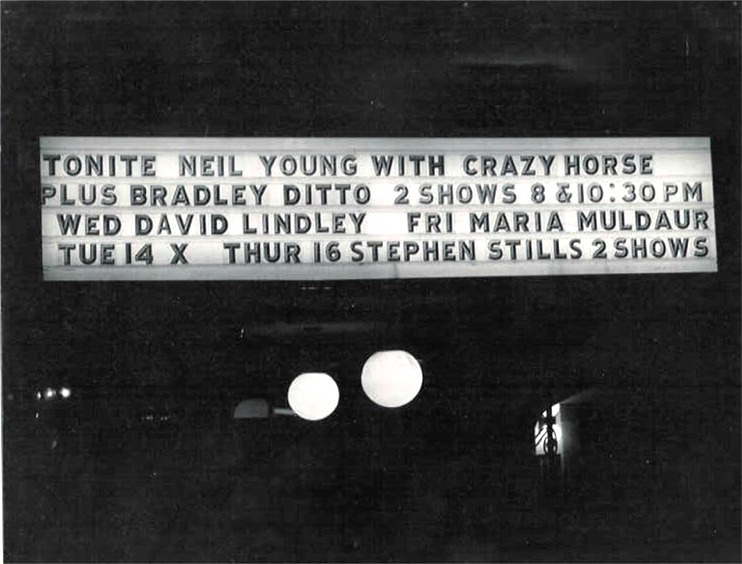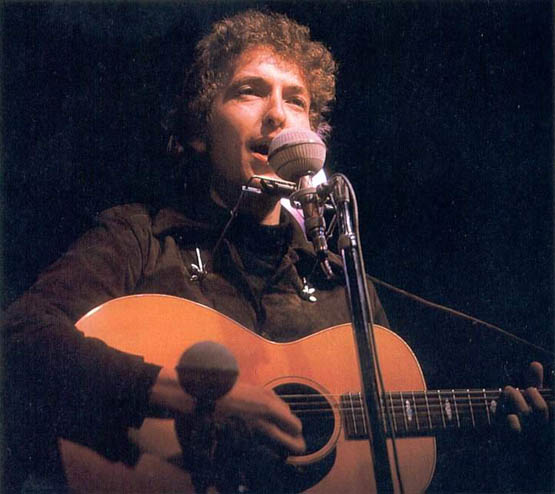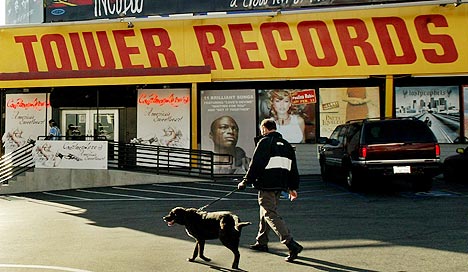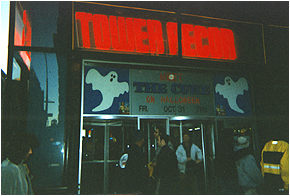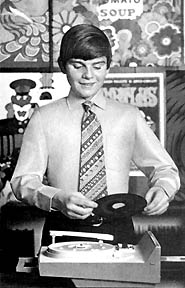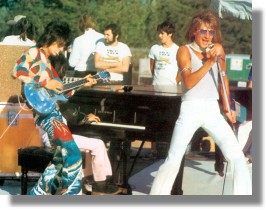

The following article was named an "Editors Pick" at http://blogcritics.org for the week ending November 2, 2006
In case you missed it, Sirius Satellite Radio offered a two-day long free internet preview of it's programming earlier this week. Millions of potential new listeners tuned in to what is being hailed by some as a revolutionary new vista of broadcasting unrestricted by commercial formats--but more importantly, unrestricted by an ever vigilant FCC.
The drawing card for most was the first chance to hear Howard Stern since he left the commercial airwaves for this brave new world well over a year ago.

If you believed the hype put forth by Stern during the two day free promotion, as many as 47 million people tuned in via the internet.
I was one of them.
And within minutes, I remembered just why, and just how much, I've missed hearing Stern on my radio.
I first got hooked on Howard in the early nineties back when I had my cushy music biz job in Los Angeles. Back then, our entire office would have their radios tuned in to Stern on L.A.'s KLSX Radio, one of the many major market stations which syndicated him (and in doing so demolished their competition in the arbitron ratings).
Our work in the morning often came to a standstill, as everybody from the top executives there to some of the artists themselves could be heard laughing out loud from behind closed office doors and cubicles.

Stern drew a fair amount of heat even back then. Always an equal opportunity offender--guilt ridden white liberals cried foul every bit as quickly as the right wing nuts you'd expect--his brand of "shock radio" seemed to piss just about everybody off. Longtime co-host Robin Quivers, as a black woman, in particular used to get hit pretty hard with both barrels by critics of bits branded as both sexist and racist.
Some people just don't get it.
Then, as now, Stern's brand of "shock radio" is one where everything and anything from wrestling midget lesbians to Ku Klux Klansmen playing Hollywood Squares is considered fair game. In other words, it is so ridiculously over-the-top, that anyone who would for a minute take it serious needs to pick their brains up off of the floor. Or at least, find a sense of humor.
Some of Stern's biggest fans back at my record company office were our rap artists. These guys would often ask us if bits featuring peripheral Stern characters like "The King Of All Blacks" could be legally sampled on their records. That is because stereotypes like that are so ridiculous they become the joke in and of themselves. And the joke is a laugh out loud, falling down funny one--especially to someone who knows what that stereotype means first hand.

It's no wonder that rap artists were some of Howard's most frequent guests.
So a few years after my experience in L.A., I found myself back home in Seattle working a job with an hour long commute. Seattle was one of the last major markets in the country to pick up Stern (so much for our "progressive" reputation), but FM Rock powerhouse KISW finally did so a few years back.
Thank God.
Between Stern in the mornings, and another "shock-jock", Tom Leykis on the drive home, I was probably saved from several convictions for road rage or worse. Stuck in the infamous rush hour gridlock of Seattle-Tacoma's I-5 corridor, it was quite therapeutic to be able to lose yourself by laughing your ass off at the radio.

Still, a lot of people were speculating that Stern had "jumped the shark" by then. For the last year we had him on the air here in Seattle I wouldn't totally disagree. Before he left so-called terrestrial radio for the bigger bucks (and censorship free) oasis of Satellite last year, Stern was clearly distracted trying to stay one step ahead of an FCC empowered both by Nipplegate and a sympathetic Republican administration. By this time last year, not only was Stern gone--here in Seattle, so was Leykis.
It's amazing how much you'll forget in a years time (especially when you are no longer making that ball-buster of a commute). I knew I missed Stern. But until this week's Sirius preview, I had no idea how much I missed him.
The last time I listened to Howard Stern a year ago, he frankly sounded tired. Not quite defeated, but tired. Those last few weeks he was on my car radio played more like a countdown to getting his get out of jail free card than the stuff that used to make me laugh out loud in standstill traffic. The bits by this time were censored to the point of being something of a joke themselves. In the words of Tom Leykis, Stern was clearly emasculated--which is basically a nice way of saying his balls had been cut off.
So the Sirius preview this week? Night And Day.
Part of it was a little like catching up with old friends actually. I found out that former Stern writer Jackie "Jokeman" Martling, who had jumped ship to embark on a career which subsequently went nowhere was (at least sort of) back with his own one-hour show on one of Stern's two Sirius stations. I also learned that his replacement, the over the top substance abuser Artie Lang, had apparently overcome heroin.
But more importantly, over those two days Stern and company had me laughing out so loud from my desk at work (Thank God for headphones), my co-workers had to double-check to make sure I hadn't lost it. Stern, Robin, Artie and the rest have not only regained their edge, but are doing their most hilariously over-the-top work in years.
Some of it takes a little getting used to to be sure. I found myself wincing just a little at first at just how free the speech really is on satellite. If you thought Stern pushed the envelope before, the new material can be a downright shock (even by Stern standards). Hearing the F-bomb dropped this freely really takes you aback for a minute for one thing.
But over two days, I heard some great, great radio.
A mercilessly uncensored roast of Stern's producer, and longtime whipping boy Gary "Baba Booey" Delabate was probably the highpoint.
But the way they turned around a potential disaster--a heavily hyped appearance by The Who's Peter Townshend which he abruptly cancelled at the last minute when Robin brought up his dropped pedophile charges--was pure genius. Not only did they get Roger Daltrey to come on anyway, but they badgered him into actually singing. And that was after they called Townshend's girlfriend "Yoko." For the record, Stern also apologized to Townshend for the gaffe afterwards.

The point is you just can't buy radio like this. Well, actually you can.
Much as I still despise the idea of having to pay for radio, I may just be looking into Sirius after hearing this week's free broadcast. In addition to Stern himself, the two Howard channels also feature post Nipplegate terrestrial radio casualties like pro-wrestling mark Bubba the Love Sponge. There are also tons of other channels, including Little Steven's awesome Underground Garage format in a 24 hour version.
I may not have to commute in Seattle's gridlock anymore, but listening to Howard this week did help me out at my current job too. Because hearing Stern this week didn't just make me laugh my ass off and bring back memories of how much I miss great radio. In a job where I enter endless strings of metadata into a computer database for eight hours a day, listening to Stern actually upped my productivity.
Perhaps more crucially, it kept me awake.





